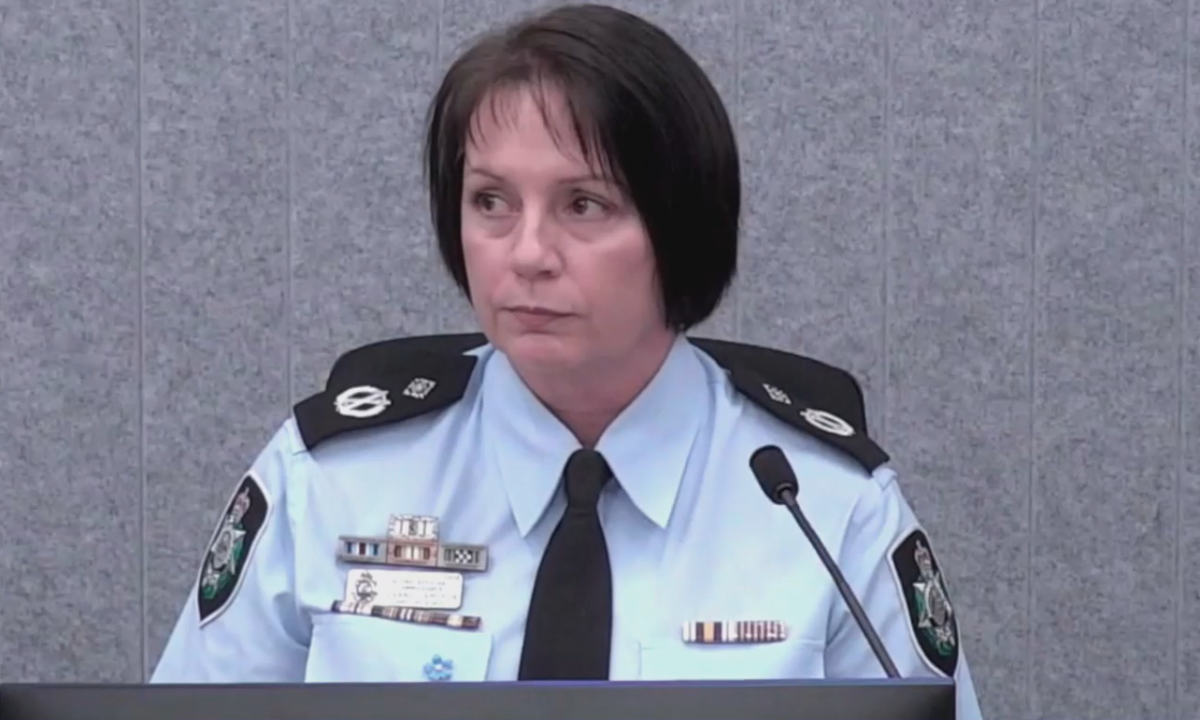
Commander Joanne Cameron told the Board of Inquiry yesterday that she had observed in late 2021 that the relationship between the DPP and police had “diminished”. Photo: Screenshot.
A senior police investigator involved in the Bruce Lehrmann trial said she advised police officers not to speak to defence counsel because of the “perception police were somehow colluding with the defence to bring favour to their approach to the prosecution”.
Acting Assistant Commissioner Joanne Cameron, who was at the time of the Lehrmann trial a Commander in ACT Policing, spoke to the Board of Inquiry on Thursday (25 May) about a phone call she had with Detective Superintendent Scott Moller mid-trial in which he told her he had received a phone call directly from Mr Lehrmann’s lawyer Steven Whybrow.
Commander Cameron wrote in her diary at the time that she felt this was “not appropriate, at the very least from perceptions” and that communication should go through the DPP only.
In Thursday’s hearing (25 May), she explained that “given the sensitivities and the complexities that had already played out in this prosecution, given the intense interest from externals including media outlets with respect to the interactions that police and the DPP and the defence had been having”, she was concerned about the “perception people will make of our police officers”.
“We had been through 11 months of criticism, of alleged unfair or inappropriate behaviour by ACT Policing with respect to the prosecution, and these sorts of interactions, each time they happened … [were] potentially building these conspiratorial ideas that police were not conducting themselves with the very based core values we held ourselves to, and that concerned me.”
Commander Cameron contacted Director of Public Prosecutions Shane Drumgold to voice her concerns.
In a strongly worded email, she wrote: “I have advised my staff that all … witnesses avoid any communication with Defence counsel prior to the giving of their evidence in court or preferably until the conclusion of the matter at court generally.”
She explained to the inquiry: “I didn’t want any actions or perceptions of actions or judgements from others being made about what police were or weren’t doing … knowing some of those members were potential witnesses to the trial.”
Inquiry chair Walter Sofronoff KC put it to Commander Cameron that the email, without context, appears to be a “direction to police not to talk to defence counsel”, which would go against the principle of law that there is no property in a witness.
Commander Cameron acknowledged that, without the context, the email could be seen as “withholding the opportunity for defence to engage”, but “that’s not what I mean”. She acknowledged on reflection that she “could have softened the message” and that her “frustrations played out” at the time of the email, which was sent at 9 pm.
Commander Cameron also spoke of the breakdown of the relationship between the DPP and the police that she had observed after returning to ACT Policing in December 2021.
“I formed a view that that relationship had diminished,” she said, adding that “it was not just staff of ACT Policing.”
“In my role, I was obviously building those strategic relationships with other directorates of ACT Government, the office of the Director of Public Prosecutions, the Victims of Crime Commission, and it was in the re-establishment of those relationships at the commander level that I was given information that suggested that relationship had diminished.”
She further noted, “it is fair to say that I became aware of … difficulties” in communications between DPP staff and police involved in the Lehrmann matter, and that it was “fair to say there was tension”.












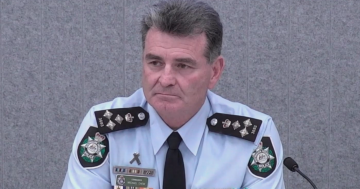
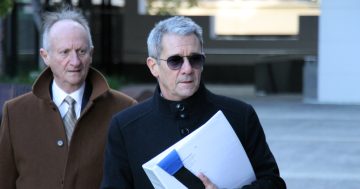

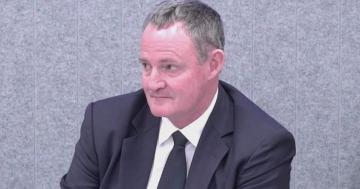
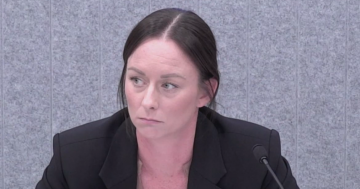
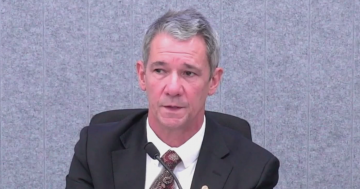
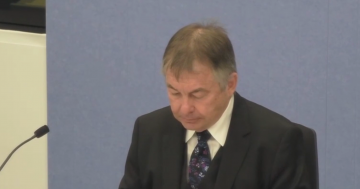
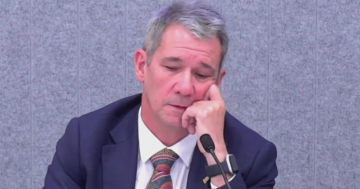
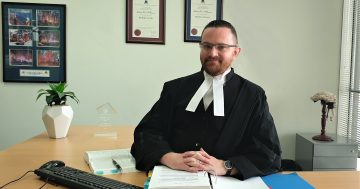

Thank you Sarah and team👍👍😊😊💕 View